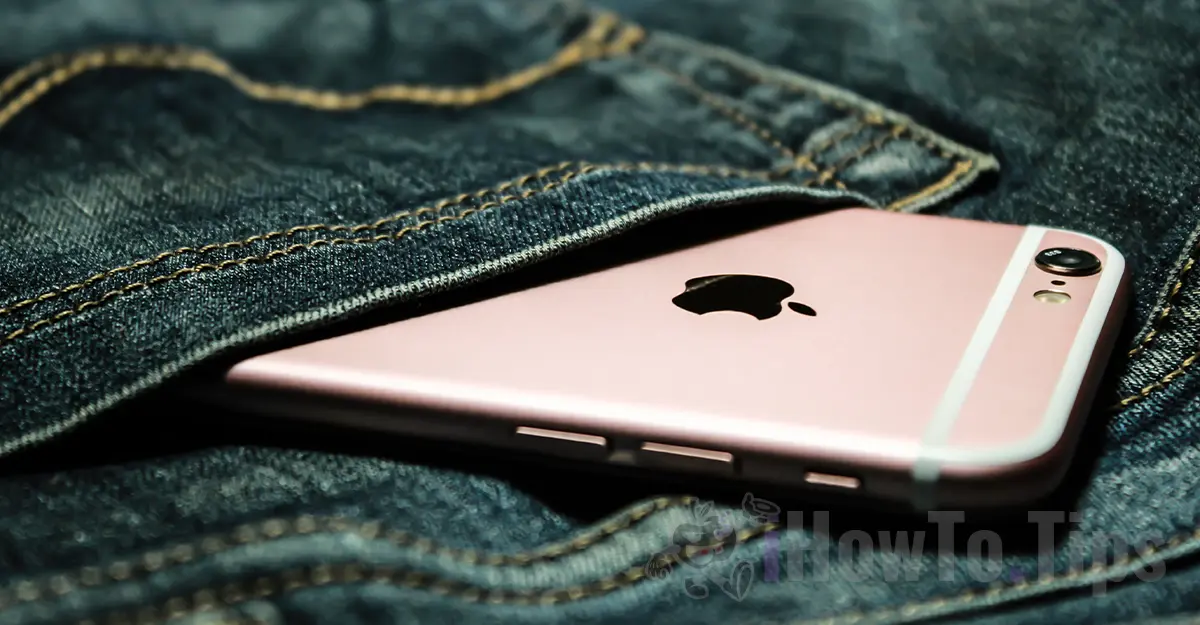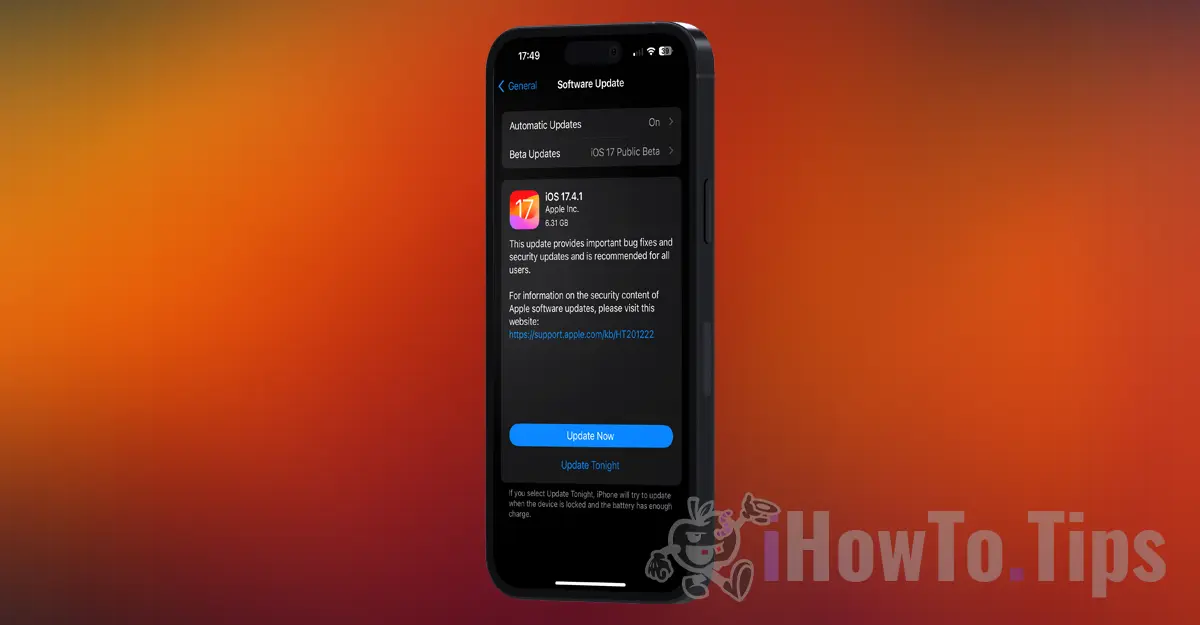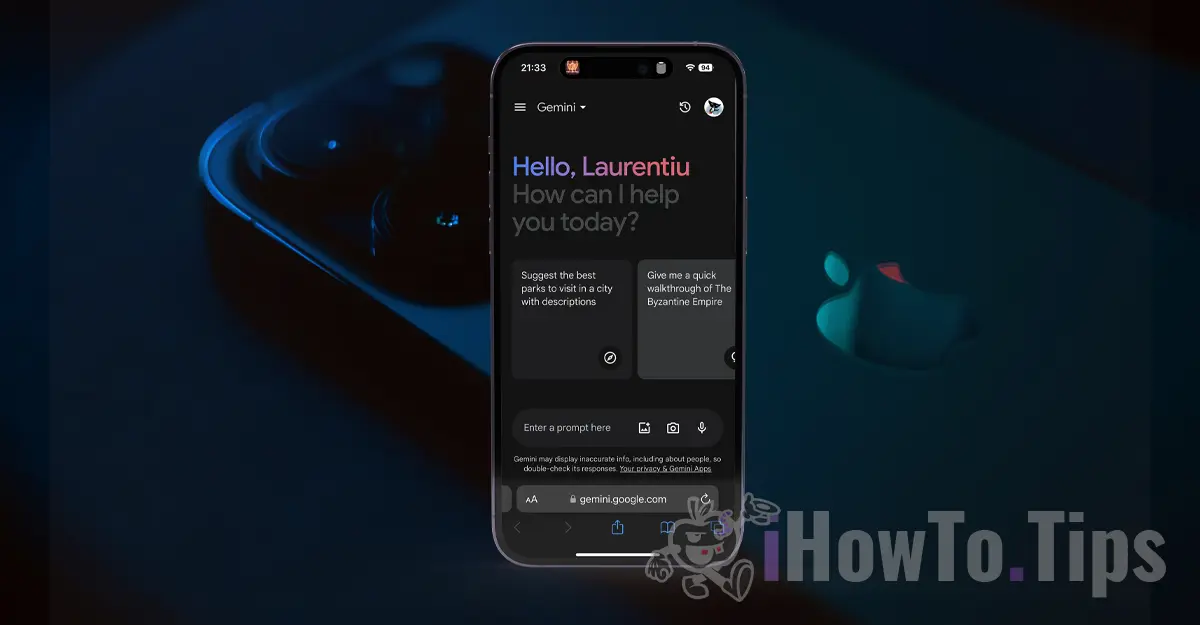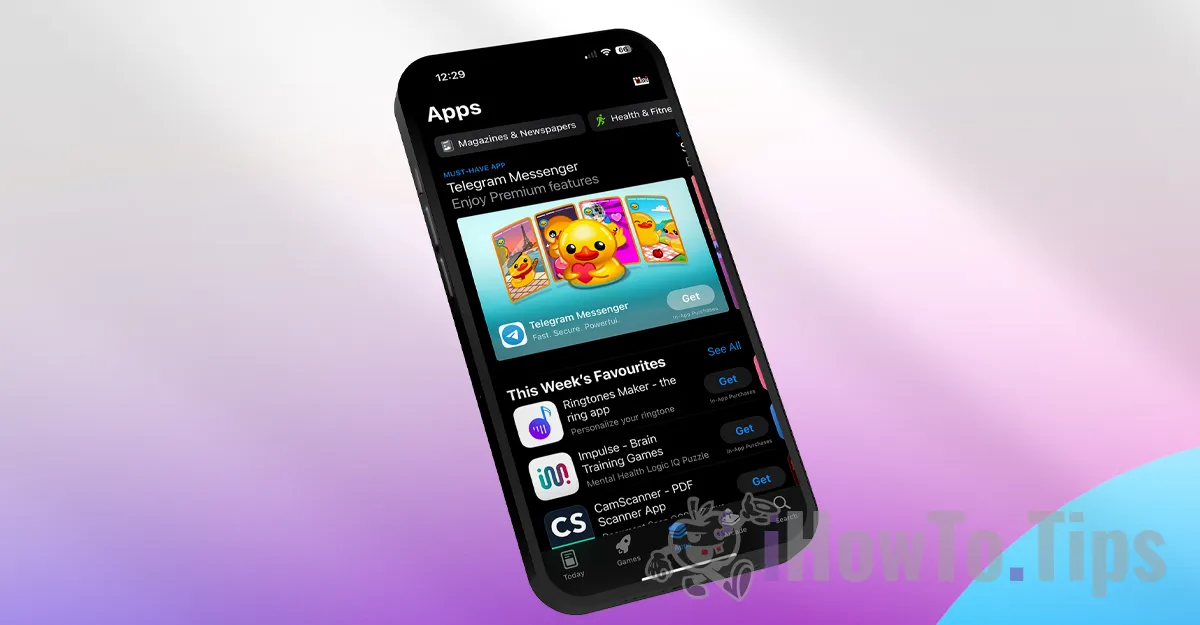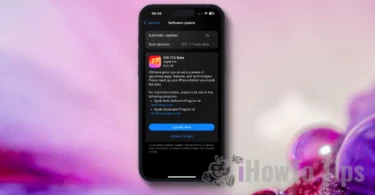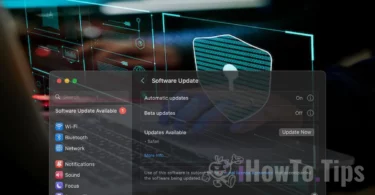Many owners (or former owners) of iPhone devices have begun to receive $92.17 in their accounts from Apple. These payments are part of the $500 million settlement agreement Apple reached in the controversy over "Batterygate," involving the intentional slowing down of iPhone performance as the device's battery aged and degraded.
The deadline for users to file compensation claims was until October 6.10.2020, 6. If you had an iPhone 6, iPhone 6 Plus, iPhone 6s, iPhone 7s Plus, iPhone 7, iPhone XNUMX Plus, or iPhone SE, you could submit a claim for each of those devices.
What does "Batterygate" mean regarding iPhone devices?
A legal action resulted in accusing Apple of consumer fraud by deliberately slowing down iPhone performance as their batteries aged.
The "Batterygate" scandal began with the release of the iOS 10.1.1 update in 2016, when reports emerged about battery consumption issues and instability in iPhone 6 and iPhone 6S devices. Users experienced unexpected device interruptions and sharp drops in battery percentage. In December 2016, Apple confirmed a battery manufacturing defect in certain iPhone 6S models, stating that it posed no safety hazards but could diminish capacity and cause interruptions to protect electronic components.
Related: How to extend the battery life of an iPhone (Maximum Capacity)
"Batterygate" erupted when developers discovered that Apple had intentionally slowed down the performance of older models through software updates, causing deliberate degradation of performance on iPhone 6 and iPhone 7 models. Apple issued a formal apology in 2017, acknowledging that they implemented performance controls to prevent unexpected device shutdowns based on battery condition. The company offered discounts for battery replacements and improved transparency regarding their status in later iOS versions, but the scandal had significant consequences on user trust in Apple's performance management policy.
In January 2019, Apple CEO Tim Cook stated in a letter to shareholders that over 11 million battery replacements had been carried out under the price reduction program. The company claimed it had never "intentionally done anything to shorten the life of any Apple product or degrade the user experience to drive upgrades to new iPhone models."
iOS version 11.3 introduced detailed information about battery status and also allowed users to disable performance controls.
Starting with the iPhone 11, Apple introduced a new performance management system designed to "reduce the impact of degraded performance due to battery aging."

